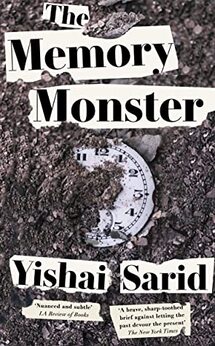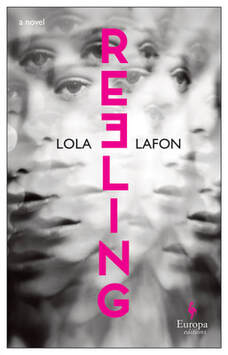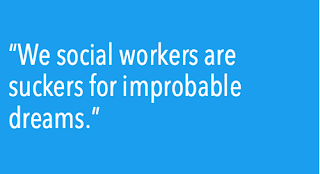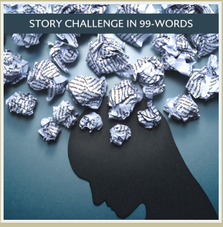The Memory Monster by Yishai Sarid
translated by Yardenne Greenspan
But the work, and his dedication to it, takes its toll. At home, is son is bullied at nursery school while, on the tours, the students don’t all respond with the reverence he expects. Frustrated, he piles on the detail and are increasingly challenging questions of his groups. (Including one for me and my compatriots: why didn’t the British and American governments bomb the train tracks leading to the camps once they knew their function?)
I have a long fascination with the question of what we learn from the memorialising atrocities; while never again might be the intention, the takeaway message is outside the educators’ control. This short novel contrasts two opposing constructions: the survivors’ duty is simply to carry on living versus – or in addition to – emulating the oppressors’ willingness to kill.
This is an intelligent and thought-provoking novel that is nevertheless an easy read. Thanks to publishers Serpent’s Tail for my review copy.
Listen to me read my flash fiction story about the death camps, “Communal Shower”, and follow the link to my short story about the unanticipated consequences of a school trip to Auschwitz.
Reeling by Lola Lafon translated by Hildegarde Serle
As Cleo’s application passes the initial stages, Cathy encourages her to demonstrate her maturity and sensuality at a lunch in a private room with three rival candidates and five male judges. What happens next scars her for life. But she can’t tell anyone. When she fails to get the scholarship, she feels she’s let Cathy down. Eager to retain the older woman’s good opinion, she serves as a go-between connecting Cathy with other girls hungry for success.
This engaging novel shows how easily vulnerable children can be groomed for abuse and their silence guaranteed by making them complicit in the system. Despite the distressing subject matter, it doesn’t seem sordid and turns out to be a page-turning read. I did hesitate around the midpoint when the narrative flips to a fifth point of view character but, fortunately, Lara brings us back to Cléo, and the multiple viewpoints help demonstrate the extent of the damage.
One can only hope that, since the #MeToo movement has highlighted so many similar stories, teenagers can protect themselves better in 2022. But even in our senior years, many of us could be caught out by that combination of idealism and yearning to be acknowledged as special. Thanks to publishers Europa editions for my advance proof copy: another contender for my books of the year.
The guide thrusts his shaking hands deep into his pockets, tries to steady his voice although his tongue cleaves to the roof of his mouth. Yet his ratings are perfect; the tour so familiar, he’s abandoned the script. Must be some bug; it can’t be nerves.
The students aren’t listening. They pose for selfies below Arbeit Macht Frei. They see his head jerk towards the ghost-sounds: a steam train; children crying; the shouts of the guards. His nostrils twitch at the stench of burning bodies; the sweat; the fear.
His bowels know the terror of being Jewish in 1944.

























 RSS Feed
RSS Feed





















